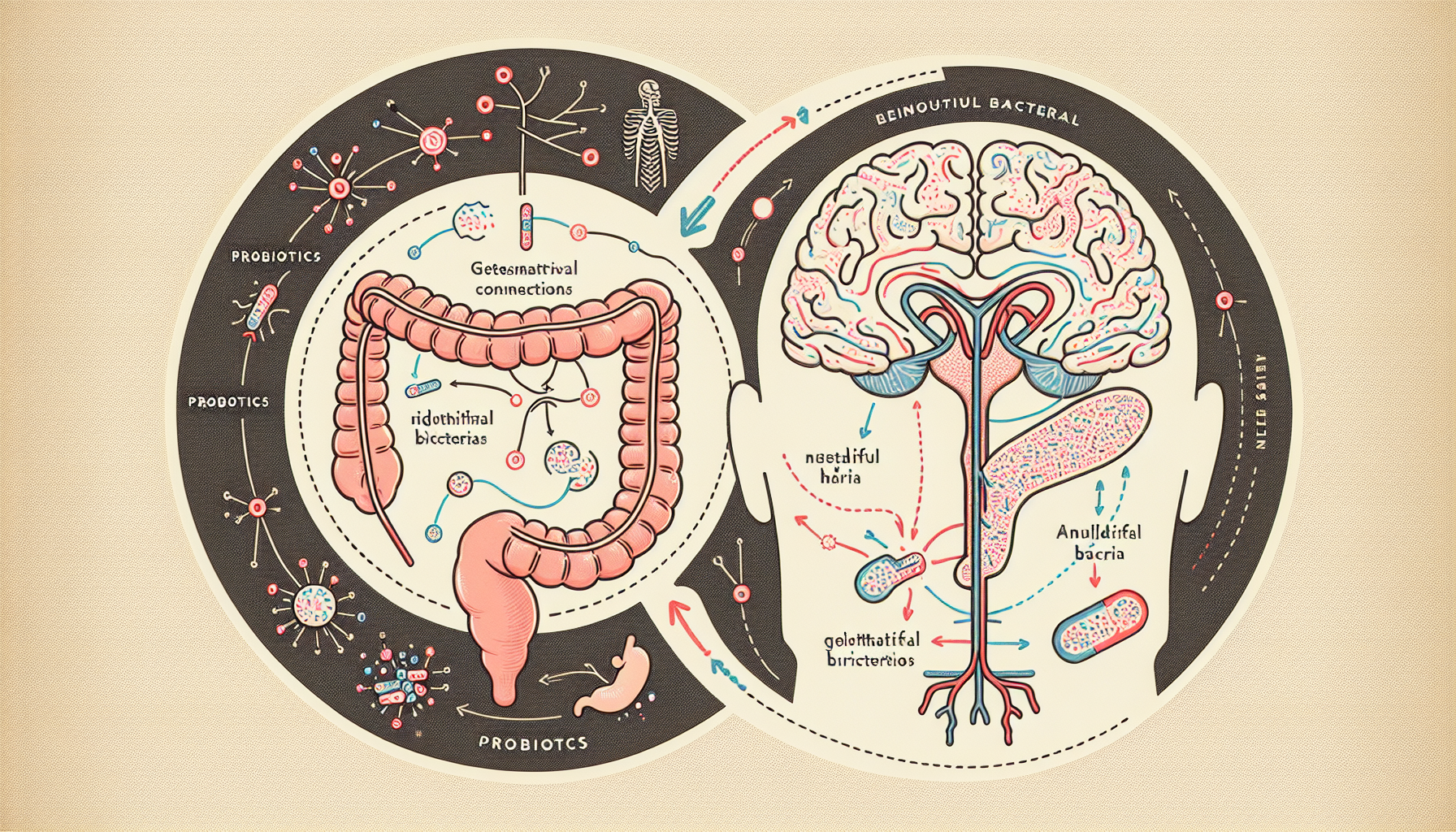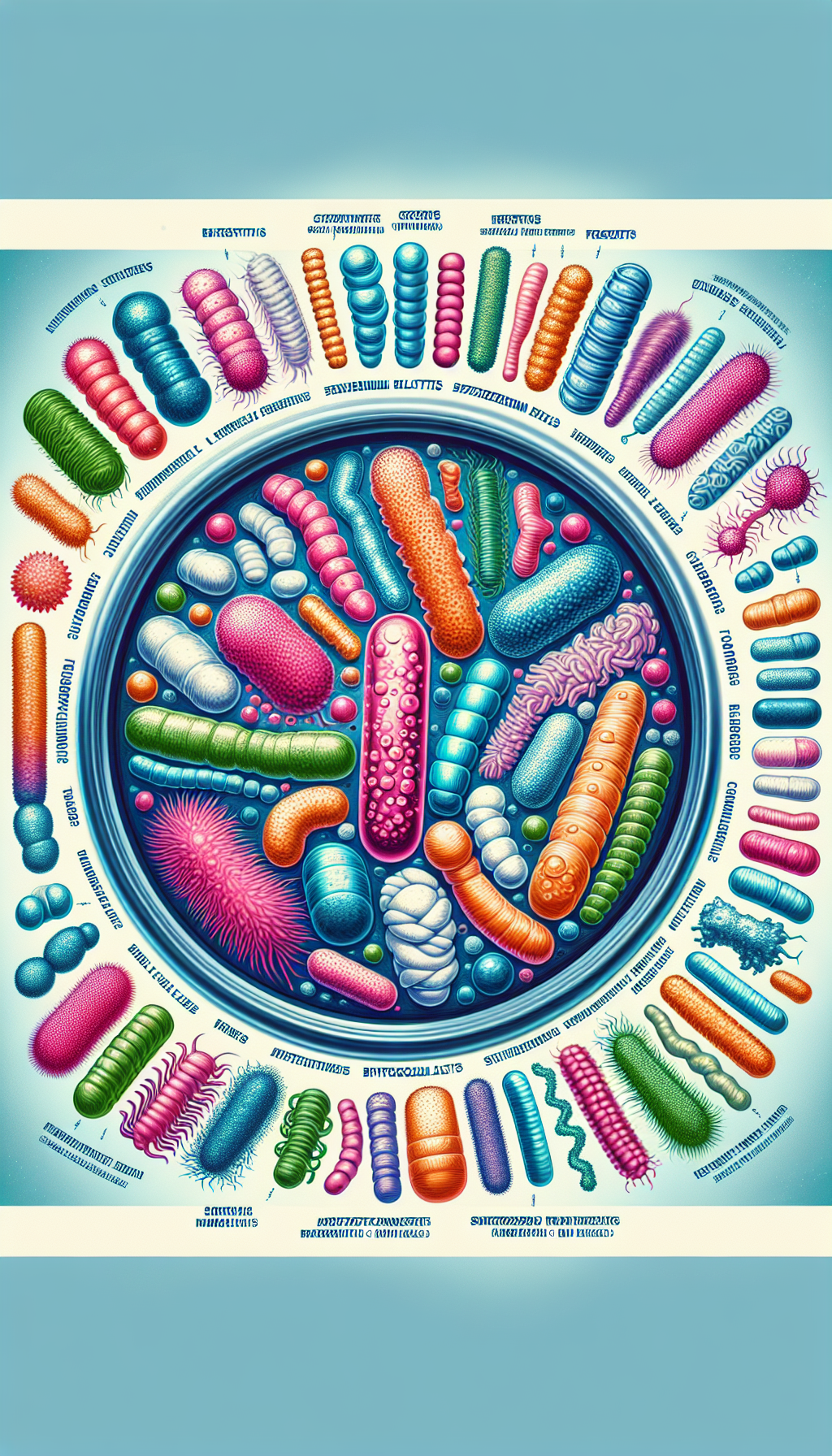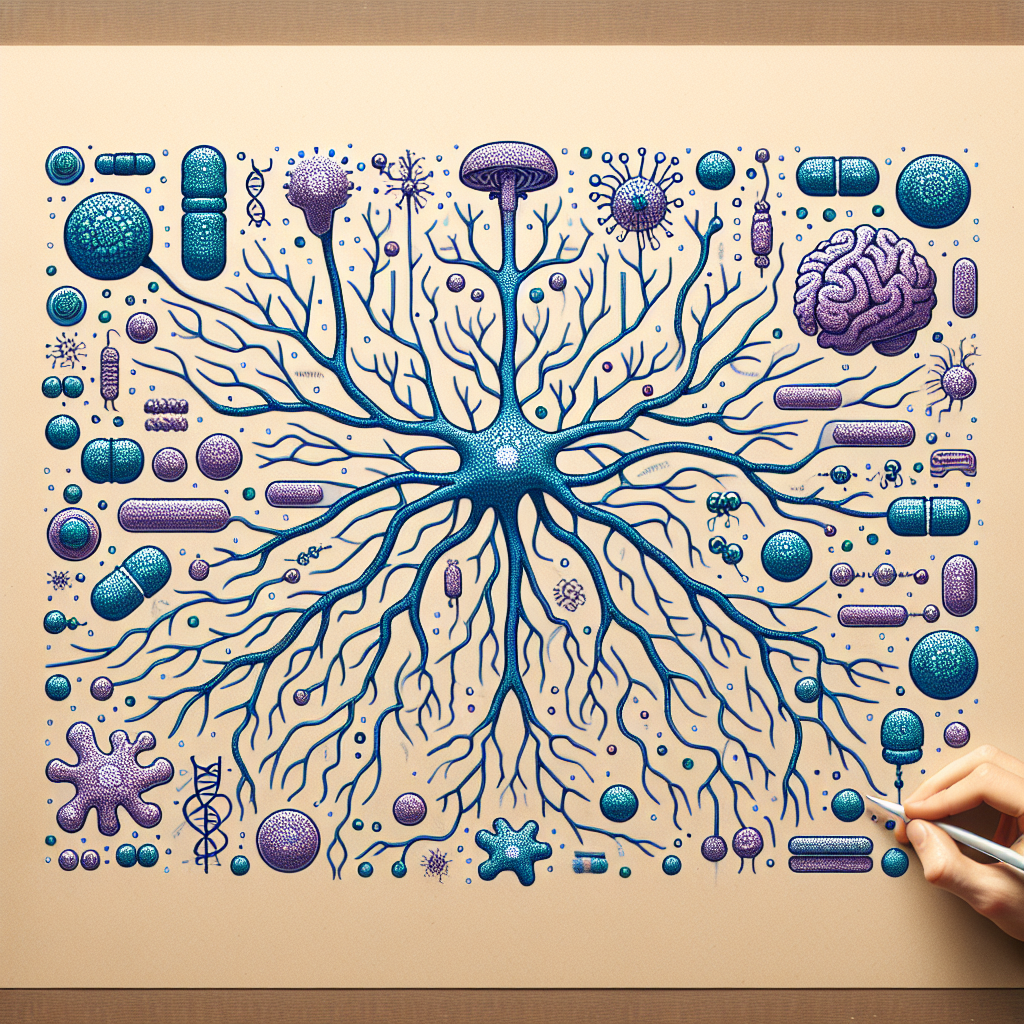The human body is an incredibly complex system, where every part is connected in ways that we are only beginning to understand. Among the most fascinating of these connections is the one between our gut and our brain, often referred to as the gut-brain axis. This bidirectional communication pathway not only allows for the transfer of messages from the brain to the digestive system but also permits the gut to relay its own signals back to the central nervous system. A key player in this conversation is the diverse community of microorganisms that reside in our gut, known as the microbiota. Among these tiny but mighty entities, probiotics—live bacteria and yeasts that are beneficial to our health—have been found to play a pivotal role in influencing neurological function.
Understanding the Gut-Brain Axis
The gut-brain axis is a complex network that involves the central nervous system (CNS), the enteric nervous system (ENS), and the neuroendocrine and neuroimmune systems, among others. It is through this network that the gut can affect brain function and behavior, and vice versa.
One of the primary ways in which the gut microbiota can communicate with the brain is through the production of neurotransmitters. For instance, certain strains of bacteria are known to produce gamma-aminobutyric acid (GABA), which can have a calming effect on the body and is often implicated in the regulation of anxiety and mood.
Probiotics and Neurological Health
Over the last few years, research into the role of probiotics on brain function has intensified. Evidence suggests that probiotics can have a beneficial impact on various aspects of neurological health, including mood regulation, cognitive function, and stress response.
Mood and Anxiety
There is growing evidence to support the idea that probiotics can help improve mood and reduce symptoms of anxiety. For instance, a study published in the "Journal of Psychopharmacology" found that prebiotics and probiotics can have anti-anxiety effects similar to those of antidepressants.
Cognitive Function
Probiotics may also influence cognitive processes. Research has identified a potential link between the gut microbiota and cognitive functions like learning and memory. A study in the "Gut Microbes" journal suggests that certain probiotics can improve cognitive function in both animals and humans.
Stress Response
The gut microbiota can influence the body’s response to stress, which can have a significant impact on overall brain health. A study published in "Brain, Behavior, and Immunity" showed that probiotics could reduce the production of stress-induced hormones.
The Mechanisms Behind Probiotics’ Effects on the Brain
The mechanisms by which probiotics influence neurological function are complex and multifaceted. Here are some of the primary pathways through which they exert their effects:
Neurotransmitter Production
Probiotics can contribute to the production of various neurotransmitters, which can then modulate neuronal signals in the brain.
Inflammation Reduction
Chronic inflammation has been associated with numerous neurological conditions. Probiotics can help modulate the immune system and reduce inflammation, potentially conferring benefits to brain health.
Gut Barrier Integrity
Probiotics can enhance the integrity of the gut barrier, preventing the entry of harmful substances that could trigger immune responses affecting the brain.
For more in-depth knowledge on the intricate workings of the brain, consider exploring Brain Health.
Studies Supporting the Role of Probiotics in Neurological Health
The scientific community has produced a wealth of research supporting the influence of probiotics on the brain. Here are a few niche and specific resources that delve deeper into this topic:
- A study from the "Gut Microbes" journal discusses the cognitive enhancements observed with probiotic intake.
- A paper in "Brain, Behavior, and Immunity" examines the stress response modulation due to probiotic use.
- Research featured in "Frontiers in Aging Neuroscience" explores the potential of probiotics in preventing age-related cognitive decline.
Enhancing Neurological Function with Probiotics
To harness the neurological benefits of probiotics, one must consider the following strategies:
Regular Consumption
Integrating probiotics into one’s daily diet through fermented foods or supplements can help maintain a healthy gut microbiota.
Strain Diversity
Different strains of probiotics can have different effects on the brain, so it is beneficial to consume a variety of probiotic foods or supplements.
Prebiotic Support
Prebiotics are non-digestible fibers that feed probiotics. Including them in your diet can help support probiotic growth and function.
The role of probiotics extends beyond just gut health and digestion. For further insights into how dietary choices impact your well-being, delve into articles like Assessing the Physical Exercise-Brain Function Correlation, The Role of Herbal Supplements in Cognitive Function, and Combating Neuroinflammation for Brain Health.
Future Directions and Considerations
While the evidence for probiotics’ positive effects on brain function is compelling, more research is needed to fully understand the mechanisms and to determine optimal strains and dosages. Personalized probiotic treatments based on individual microbiota profiles could emerge as a new frontier in neurological healthcare.
In conclusion, the influence of probiotics on neurological function is an exciting area of research with the potential for significant implications in health and disease management. As we continue to unravel the mysteries of the gut-brain axis, probiotics stand out as a promising avenue for enhancing brain health and cognitive function. By incorporating these beneficial microbes into our daily lives, we may be able to support our neurological well-being in profound and lasting ways.



